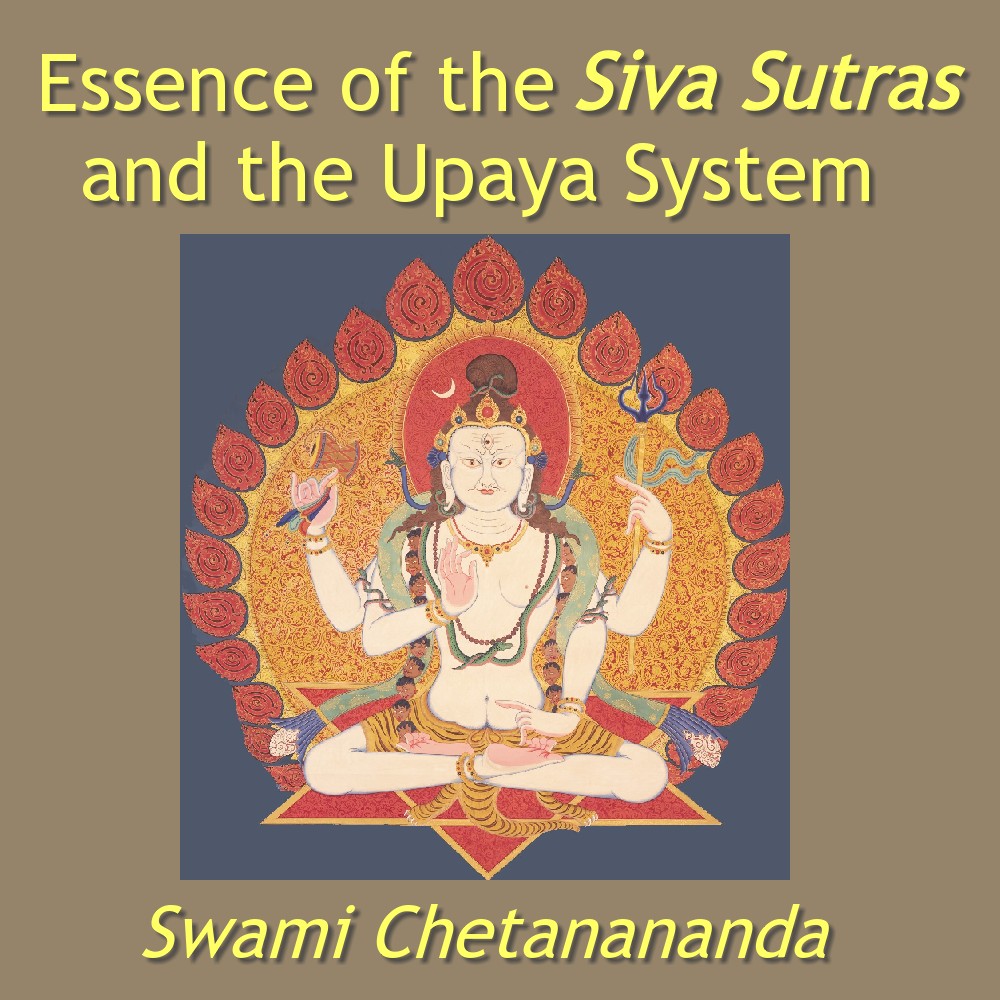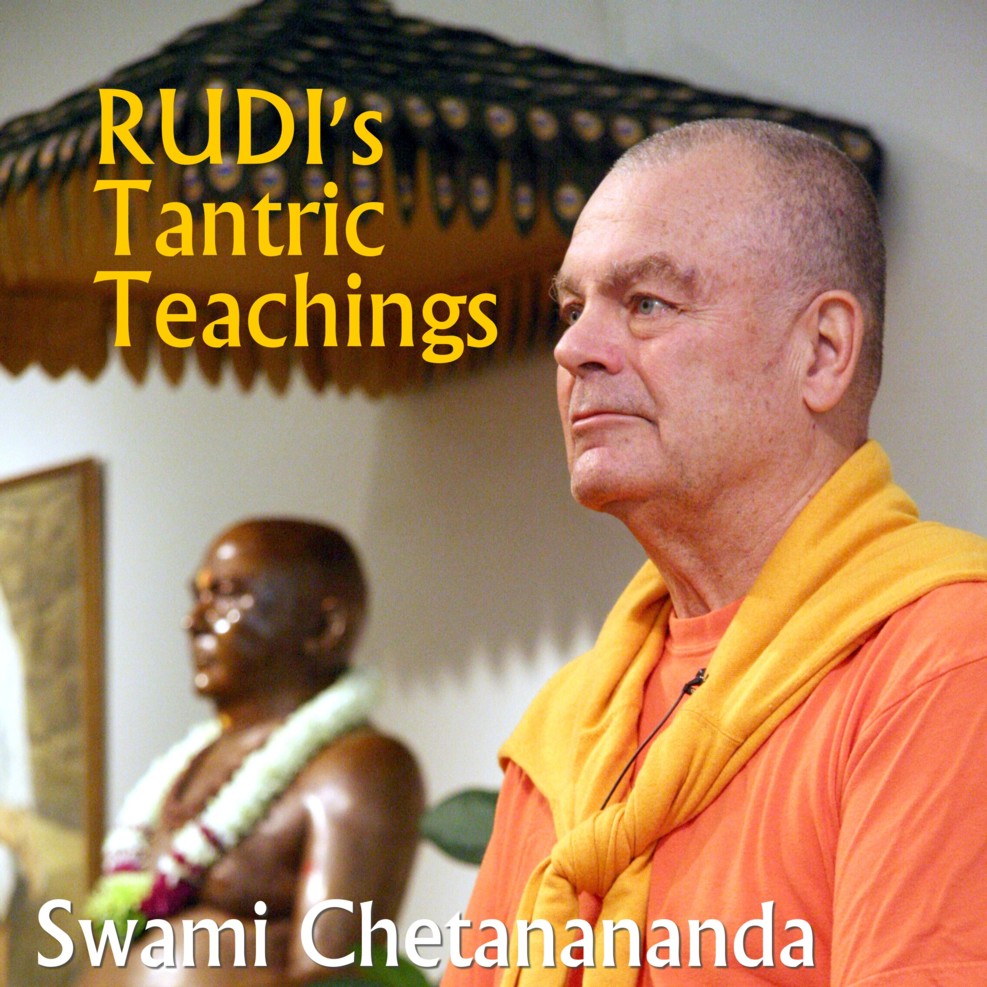Phowa with Lama Tsering Wangdu Rinpoche (digital audio)
Phowa with Lama Tsering Wangdu Rinpoche (digital audio)
Phowa (pronounced POE-wah) is a Tibetan Buddhist ritual prayer sung to help a person who is dying or one who has suffered the loss of a loved one and is grieving. Intended to help release our attachment to our body and allow us to open to a higher realm in which wisdom, compassion, and love support and uplift us, Phowa is considered to be the most effective way to facilitate the transition from this stage of existence to the next. It is a profoundly compassionate act, as it dissolves the suffering of the dying or deceased and allows them to experience the peace and joy inherent in the clear awareness that is their essence. Phowa is a practice that should only be performed by someone who has been properly initiated; Lama Wangdu, the last living master of the oldest practice lineage of Tibet, is a true master.
(27:39 minutes)
Lama Tsering Wangdu Rinpoche was born in 1936 in the village of Langkor in West Dingri, Tibet. West Dingri was the area where the great Indian mahasiddha Padampa Sangye stayed when he came to Tibet to transmit teachings on Shi-je, or pacification of suffering.
Rinpoche is a lineage holder of the teachings of Padampa Sangye as well as the entire cycle of the Longchen Nyingthig tradition of the Nyingma school of Tibetan Buddhism. He completed the traditional Chöd retreat in Tibet, practicing in 100 cremation grounds. In the late 1950's he resettled in Nepal, where he resided for many years in the Tibetan refugee community of Jawalakehl in Kathmandu. He met Swami Chetanananda in Kathmandu in 1998, and has shared many of his practices with Swamiji and with students at The Movement Center.
Rinpoche is now head of the Pal Gyi Dingri Langkor Jangsem Kunga Ling monastery in Boudha, Kathmandu. He is a profoundly accomplished practitioner, and we are pleased to share these performances of his practices with a wider audience.






